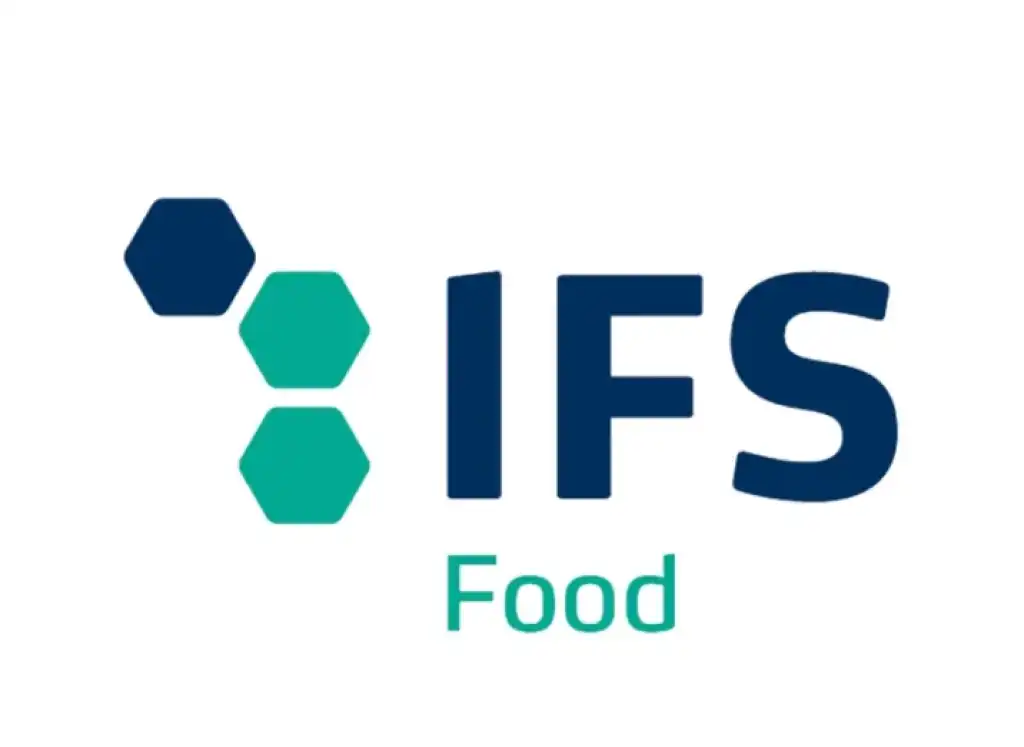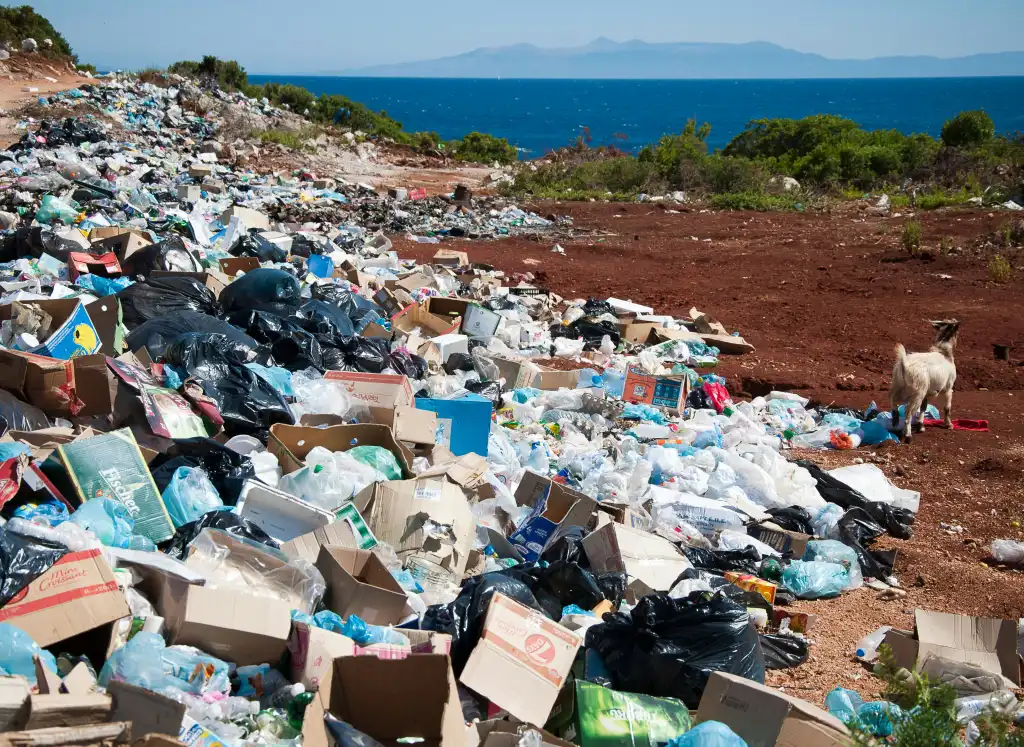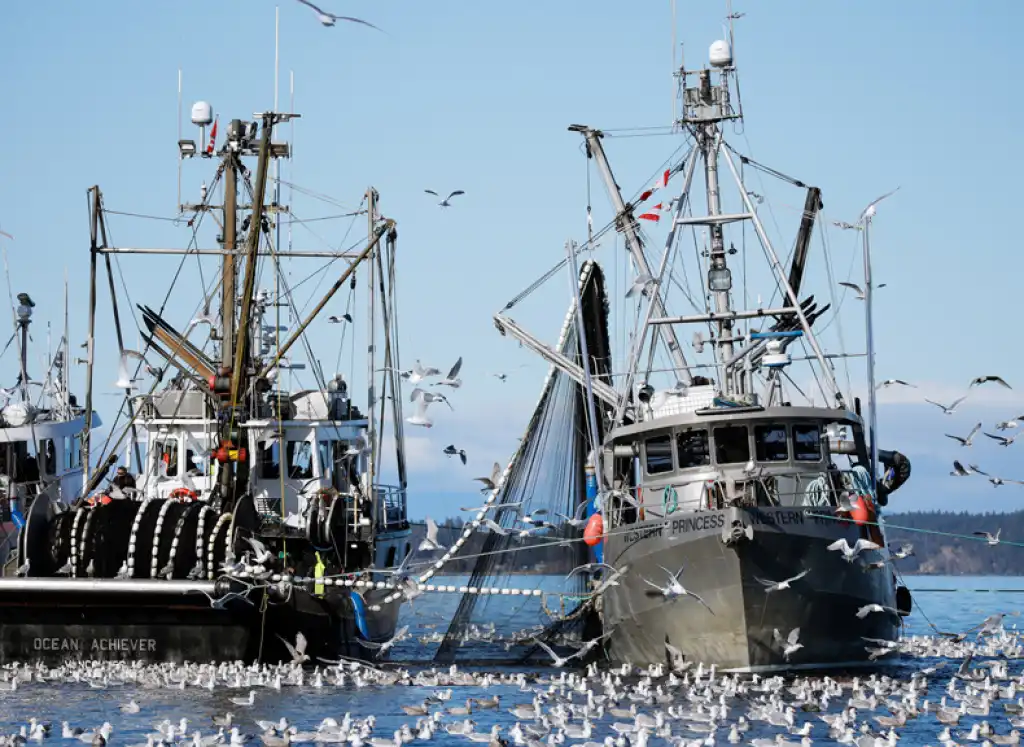Food waste: data and initiatives to tackle it
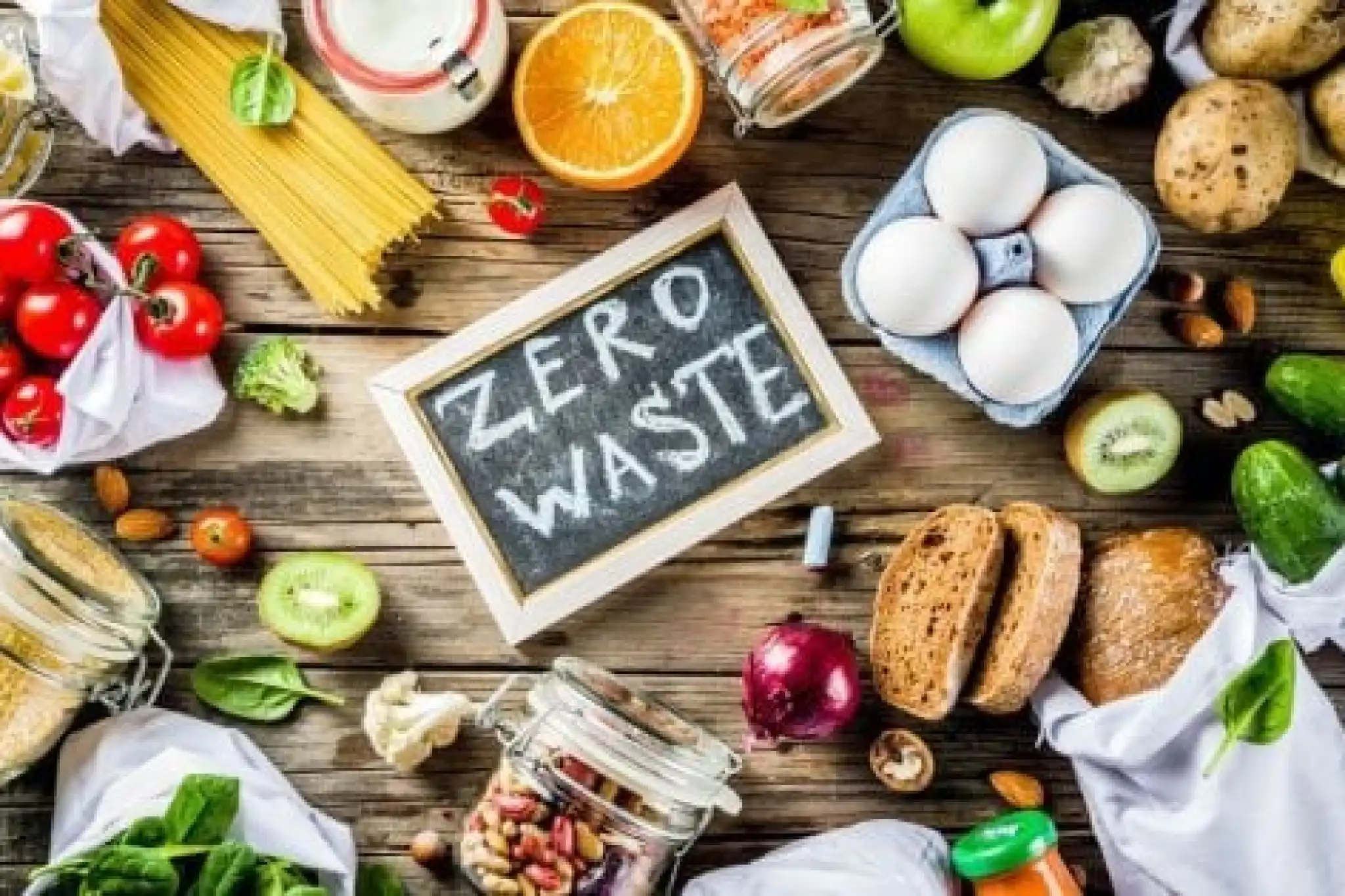
An urgent issue with clear priorities
A recent report by the Food Banking Network, produced with the support of Harvard’s Food Law and Policy Clinic, has brought the burning issue of food waste back into focus. The report sets out a hierarchy of priorities: prevention as the primary goal; then redistribution of surplus to those in need or for animal feed; and, when these are not feasible, recovery through anaerobic processes to produce biogas or reclaim nutrients.
Deterrents and obligations across the chain
The report highlights the effectiveness of deterrent policies that oblige businesses to change behaviour to avoid penalties. In France, fines can reach €150,000 and prison sentences of up to four years. In South Korea, the “pay-as-you-throw” system makes citizens pay a few euro cents per kilo of food waste, while large producers face much tougher penalties — up to €50,000 in fines and seven years in prison for non-compliance[1]. In Peru, new rules have encouraged donations, with steady growth, though without the severe penalties found in France and South Korea[2].
Spain has also acted, passing a law requiring restaurants to provide containers for leftovers and obliging supermarkets to donate surplus food. All food businesses must prepare prevention plans, giving priority to donation and redistribution; otherwise, waste must go to animal feed, compost or biofuel. The law aims to cut food waste significantly, targeting a 50% reduction in per capita retail and consumer waste, and a 20% reduction in production and supply chain losses by 2030[7].

From size to flavour: revising standards
In the European fruit and vegetable sector, marketing standards based partly on aesthetic criteria (e.g. size) contribute to food waste, as many perfectly edible products are discarded. A reform proposal suggests valuing sugar content instead of size, promoting taste and nutritional quality[4]. According to Roberto Pinton (University of Udine), these standards were designed to ease trade and ensure uniformity, but their rigidity could be updated to suit today’s market needs without compromising quality[5].
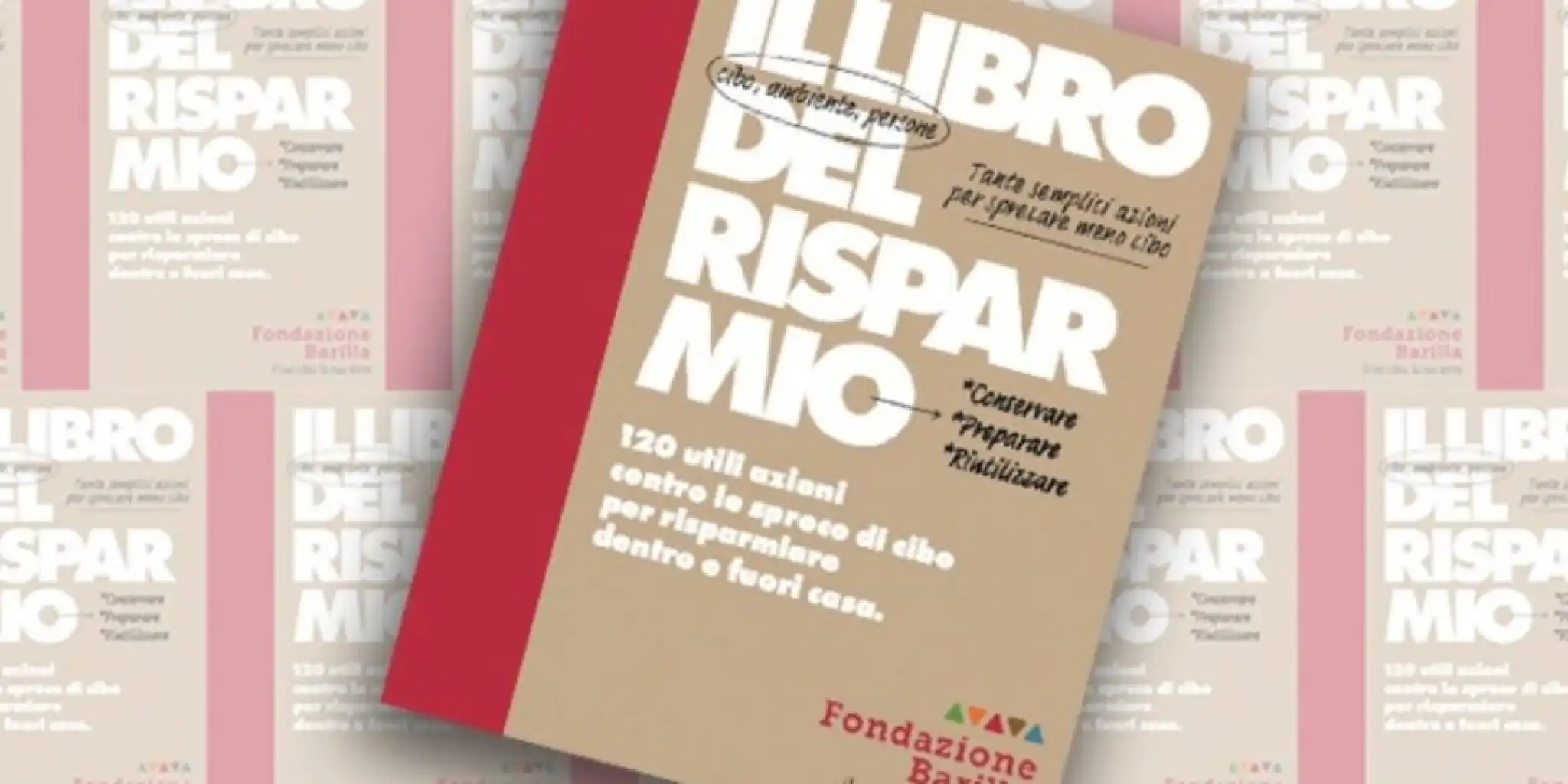
The “Book of Savings” and its economic benefits
The Barilla Foundation has published The Book of Savings, a manual containing 120 actions to fight food waste[6]. It offers practical advice: proper food storage, nose-to-tail and root-to-stem cooking, reusing leftovers, meal planning and managing food eaten outside the home. Every year, around one third of food produced worldwide is wasted, with heavy economic and environmental impacts; reducing waste can save up to €500/year per family[6].
Further reading: [1] Pay-as-you-throw (Seoul) · [2] FAO SOFA 2019 · [4][5] Fruit and veg standards & sugar content · [6] Barilla Foundation · [7] Spanish anti-waste law.
